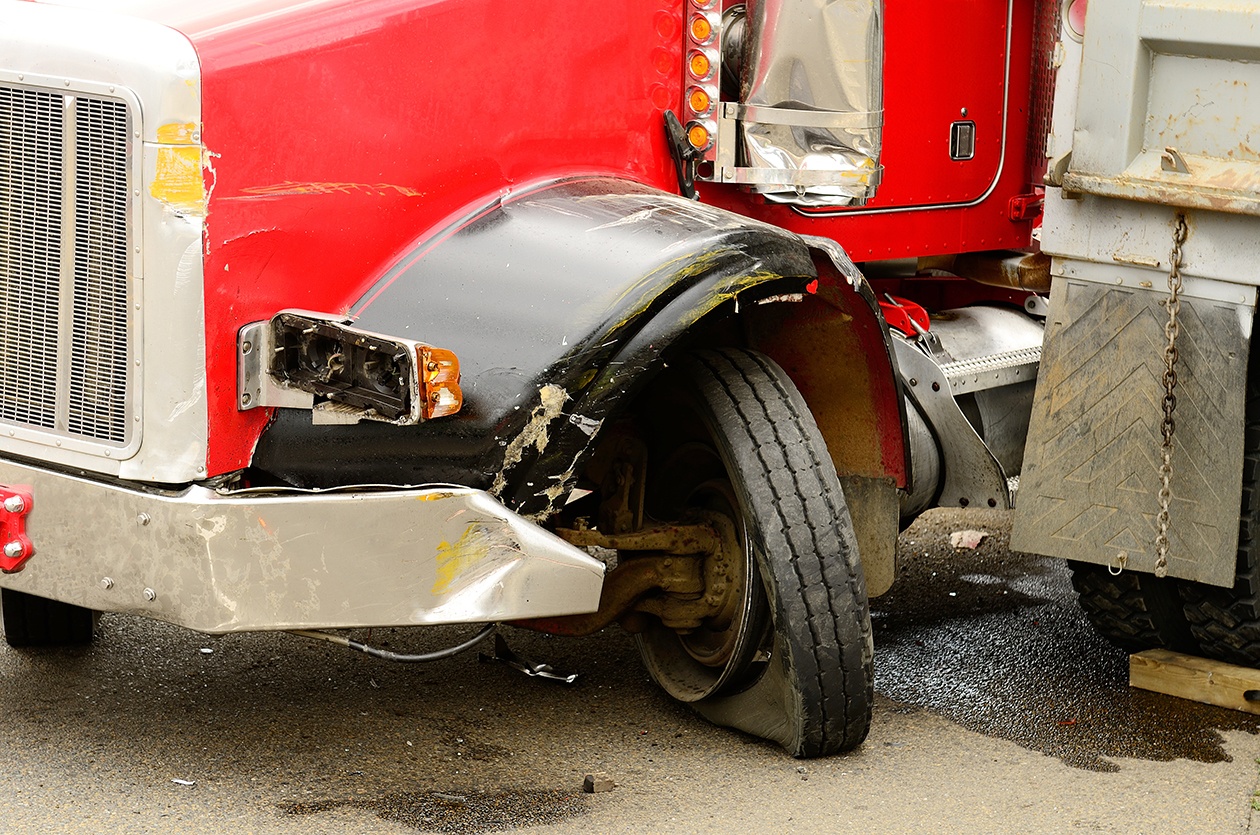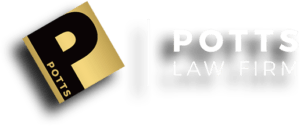Accidents involving commercial vehicles can be particularly complex and stressful. Whether you’re a business owner who owns a fleet of delivery trucks or an individual who was involved in an accident with a commercial vehicle, understanding the nuances of commercial vehicle insurance is crucial for a smooth recovery process. In this comprehensive guide, we’ll delve into what you need to know about commercial vehicle insurance after an accident.
WHAT IS COMMERCIAL VEHICLE INSURANCE?
Commercial vehicle insurance is a specialized type of insurance designed to provide coverage for vehicles that are used for business purposes. It’s not just limited to large trucks; it can also include vans, taxis, limousines, and even personal vehicles used for business purposes.
DIFFERENT TYPES OF COMMERCIAL VEHICLE INSURANCE
Commercial vehicle insurance comes in various forms to cater to the diverse needs of businesses. Here are some of the key types:
- Liability Insurance: Liability insurance is the foundation of commercial vehicle insurance. It covers the costs associated with bodily injury and property damage that your vehicle may cause to others in an accident. This coverage is essential, as it can protect businesses from expensive lawsuits.
- Physical Damage Insurance: Physical damage insurance covers the repair or replacement costs of a commercial vehicle if it’s damaged in an accident. This coverage typically includes collision and comprehensive insurance. Collision insurance covers damage caused by accidents with other vehicles, while comprehensive insurance covers damage from events like theft, vandalism, or natural disasters.
- Cargo Insurance: If a business involves transporting goods, cargo insurance covers damage or loss of the cargo you’re carrying in your commercial vehicle. This type of coverage is especially important for trucking companies and courier services.
- Uninsured/Underinsured Motorist Coverage: This coverage comes into play when you’re involved in an accident with another driver who doesn’t have insurance or has insufficient coverage. It helps cover your medical expenses and property damage in such situations.
- Medical Payment Coverage: Medical payment coverage provides for medical expenses in the event of an accident, regardless of who’s at fault. This coverage can be vital in ensuring that medical bills are promptly paid.
REPORTING THE ACCIDENT
After an accident involving a commercial vehicle, it’s crucial to report the incident promptly. The process can vary depending on the circumstances and your insurance provider.
Generally, here are the steps to follow:
- Ensure Safety: First, make sure everyone is safe. If there are injuries, call 911 immediately.
- Exchange Information: Exchange contact and insurance information with all parties involved in the accident.
- Contact the Police: If there are injuries, significant damage, or disputes about liability, it’s advisable to call the police and file an accident report.
- Notify Your Insurance Provider: Contact your commercial vehicle insurance provider as soon as possible to report the accident. Be prepared to provide details about the accident, including the location, time, and description of what happened.
INVESTIGATING THE ACCIDENT
Once the accident is reported, the insurance company will conduct an investigation. This may involve sending an adjuster to assess the damage, reviewing police reports, and interviewing involved parties. It’s essential to cooperate fully with your insurance company during this process.
DETERMINING FAULT
Determining fault is a critical aspect of the claims process. In some cases, fault may be clear-cut, while in others, it can be a matter of dispute. Commercial vehicle insurance policies often have clauses that address how fault is determined and how claims are handled.
FILING A CLAIM
If your commercial vehicle was at fault, your insurance company will handle the claims process for the other parties involved. If another driver was at fault, their insurance company should handle your claim.
When filing a claim, you’ll need to provide documentation, such as:
- Accident report
- Photos of the accident scene and damage
- Witness statements, if available
- Medical records, if injuries were sustained
UNDERSTANDING COVERAGE LIMITS
Commercial vehicle insurance policies come with coverage limits, which can vary widely depending on the policy and the insurance provider. It’s crucial to understand your policy’s limits, as they can affect your financial responsibility in the event of an accident. If your liability coverage limit is exceeded, you may be personally responsible for additional costs.
LEGAL CONSIDERATIONS
In some cases, accidents involving commercial vehicles can lead to legal proceedings. If you’re facing a lawsuit or need to take legal action, it’s essential to consult with an attorney experienced in commercial vehicle accidents and insurance.
If you’ve been involved in an accident with a commercial vehicle, understanding how commercial vehicle insurance works can help you navigate the claims process and protect your rights. The experienced attorneys at Potts Law Firm are here to help you navigate the complexities of commercial vehicle insurance and advocate for your rights.
Contact us online to schedule a consultation or give us a call at (888) 420-1299.


